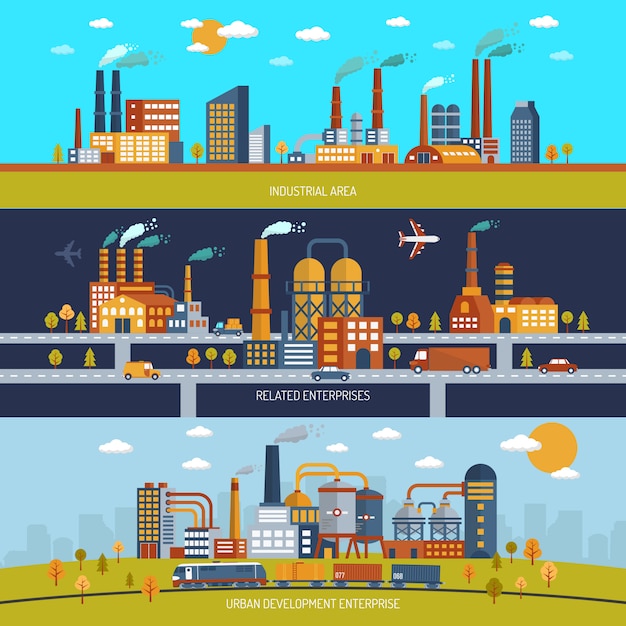Road to a Chemical Engineer: #0
About
I have been posting all the articles in Japanese but this is a different series that I will be writing in English. The language I learn this subject, Chemical engineering!! So, in this series, I will be learning Chemical engineering with you.
Before I begin anything, I just need to talk about my English. As you might have already picked it up, my English skills are not perfect. English is yet to be my first language. Many flaws in grammars with limited vocabularies. Yet, through this series, I hope my English writing skills will improve at the same time.
So, if you find any severe flaws or any perfect words that describes better, please leave them down in the comments, so I can enhance this experience with you.
What is a Chemical engineer??
What is Chemical engineering?? Have you been wondering what it is and came to this page?? Then, you have arrived to the right one!! So, what really is Chemical engineering??
The first impression that many people have and is incorrect is mixing the ideas with Chemistry. I have to clearly state that this is totally different from Chemistry, despite the word "chemi" in both subjects.
Before digging into this the difference between Chemical engineering and Chemistry, first I have to let you know the difference between engineering and natural science. This is my way of differentiating two but I would say "Natural science is the world eyes and Engineering is the world hands". So, what does this mean??
I said natural science is the world eyes because it is about looking into the world and knowing more about it. For example, in mathematics, they pursue complex problems and try to find out the ways to prove the world mathematically. Whereas, in physics, it looks at the world in terms of all the physical concepts to explains the phenomenons on the earth.
However, that is not true for engineering. In engineering, learning about the reasoning behind the concepts is not the main theme. Rather, the use of the concepts is the theme of this subject. In other words, in extreme, we do not need to know why there is gravity pulling us down to the earth, but we need to know how to use the concepts to make scale to weight things.
The reason for me saying that engineering is the world's hand lays exactly this idea. So that, engineering is about what to do with the concepts with those ideas you have. So, before specify the Chemistry and Chemical engineering, I have to say that natural science and engineering cannot lack one or another. Because natural science can prove it, engineering can use it. And, thanks to engineering using it, natural science can be useful for the people's lives.
Okay, so we are finally to the idea of Chemistry and Chemical engineering. How are they different??
Chemistry is a natural science subject that purses the chemical reactions and what is happening inside the small beaker. On the other hands, Chemical engineering uses those Chemicals in a larger scale, looking at what could happen in real life. So, general idea of people working in labs are mostly chemist. And, Chemical engineers are more often found in plants or factories, etc.
Chemical engineers do quite a variety of jobs in: food, chemicals, oils, plastics, etc. It is pretty much everything, right?? Here, their mission is to create a system such that it can produce the product at a greater efficiency (time and costs) and with a greater amount.
So now, we finally understand what Chemical engineering is about.
What is the core idea in Chemical engineering?
Chemical engineering has a single core idea that we stick with it through out the study. And, that is "conservation law". You may have heard about it before in your secondary school. In Physics, you hear energy conservation, in Chemistry, you probably heard mass conservation.
However, there are more and more. Mass, momentum, energy, ... . It is very big idea and inevitable idea for all subjects; yet, we can state in a single equation:
Conservation law:
(In - Out + Generated - Consumed) = Accumulated
Does this make sense to you?? So, it is basically telling you that whatever went in or generated and did not come out or consumed, is accumulated inside. Isn't this simple??
It is indeed simple. However, this is not all. Conservation laws occur all at the same time and the real world is really complex that it creates this simple equation, more complex and more complex.
Just to also note that, this conservation law is often considered in terms of instantaneous rate rather than over period of time as it can be the rates give the specific value for the particular time. More useful results and more accessible input data.
Conservation law (instantaneous rate):
Rate In - Rate Out + Rate Generated - Rate Consumed = Rate Accumulated
Endnote
I hope today you took a small but significant glance at what Chemical engineering is. There is more to dig into about this simple little law but I will leave it for the next time.
Next, let's look into more specific conservation laws, mass conservation with examples. Thanks for reading!
Next Article: Water tank system and mass conservation









